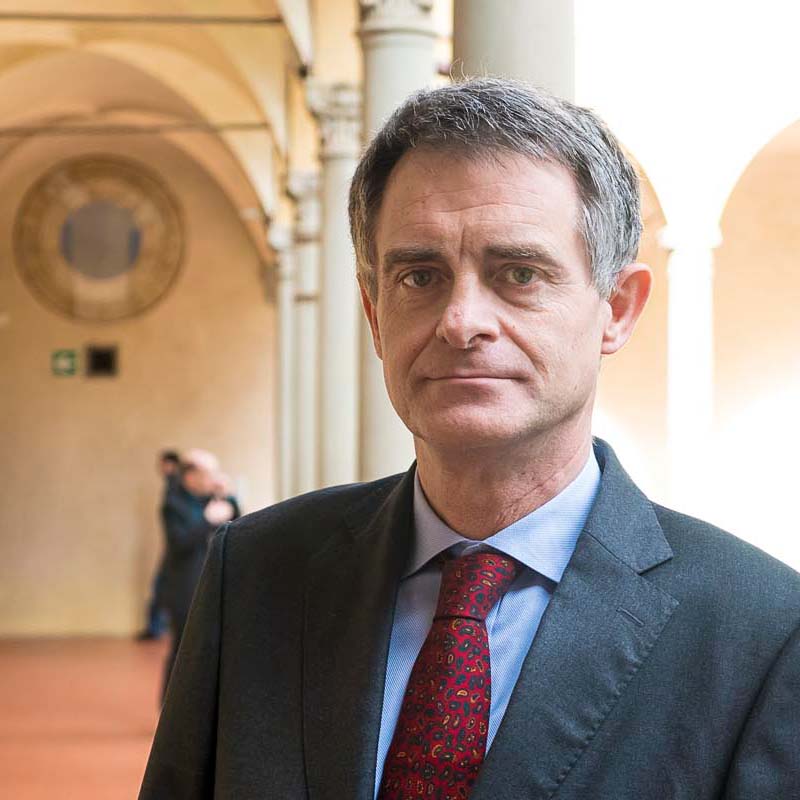
Watch the recording:
Energy sector developments over the last six months dramatically impacted energy prices. A tight international gas market in the second half of 2021 led to a sharp rise in gas prices, which, in many countries where gas is heavily used to generate electricity, or at least is the marginal fuel, led to comparably sharp increases in wholesale electricity prices.
Since the end of February 2022, as a result of the invasion of Ukraine by the Russian Federation army, the situation has further exacerbated, especially in those regions heavily depending on gas imports from Russia.
Sanctions imposed on the Russian Federation by many countries following the invasion of Ukraine have included or might include, a ban on fuel import from Russia. And, in any case, it is unlikely that the Russian Federation will return to be considered a reliable trading partner anytime soon.
These developments have prompted policy action by the European Union, which, as a whole, depends on the Russian Federation for more than 40% of its gas consumption[1].
In its REPowerEU Communication of 8 March 2022[2], the European Commission stated that “following the invasion of Ukraine by Russia, the case for a rapid clean energy transition has never been stronger and clearer” and that “the EU needs to be ready for any scenario. It can reach independence from Russian gas well before the end of the decade”. The Communication proposes a number of measures to pursue this goal, with gas storage playing an important role as it can both reduce the need to import additional volumes of gas during the heatings eason and contribute to absorb supply shocks. This requires additional measures to be introduced to ensure that storage can contribute to security of supply to its full potential. In particular, the Commission proposes to introduce a filling obligation for gas storages and has announced that it will make a legislative proposal by April for this purpose. “This proposal will require that existing storage infrastructures in the EU territory are filled up to at least 90% of their capacity by 1 October each year. In order to make storage more attractive to market participants, the Commission will propose to increase the rebate level to 100% as an incentive to refill storage”[3].
This would be part of an EU gas storage policy that “will ensure fairness and allow making smart use of existing infrastructure, limiting the need for new infrastructure as not all Member States have underground storage facilities in their territories. The legal proposal will set out a mechanism to ensure a fair allocation of security of supply costs”.
Introduction to the Debate and Opening Presentations
14.00 – 14.05 Introduction to the Debate
Alberto Pototschnig | Florence School of Regulation
14.05 – 14.15 A gas storage policy for the EU
Ilaria Conti | Florence School of Regulation
14.15 – 14.25 The experience with national gas storage obligations
Aad Correljé | TU Delft
Panel Discussion: Introductory Remarks, Polls and Comments
Moderator: Leigh Hancher | Florence School of Regulation and Tilburg University
14.25 – 14.50 Introductory remarks from the panellists
Giuseppina Squicciarini | Shell
Benoit Esnault, CRE and CEER
Steve Rose | Eurogas
Catherine Gras | GRTGaz
14.50 – 14.55 Polls
14.55 – 15.20 Comments on the outcome of the pollS and Q&A from the audience
Panellists
15.20 – 15.30 Concluding remarks
Oliver Koch | DG Energy, European Commission
Leigh Hancher | Florence School of Regulation and Tilburg University
Alberto Pototschnig | Florence School of Regulation
[1] Russia also accounts for 27% of oil imports and 46% of coal imports.
[2] Communication from the Commission to the European Parliament, the European Council, the Council, the European Economic and Social Committee and the Committee of the Regions, REPowerEU: Joint European Action for more affordable, secure and sustainable energy, Strasbourg, 8.3.2022, COM(2022) 108 final.
[3] Thirteen Member States – Belgium, Bulgaria, Denmark Finland, France, Hungary, Italy, Latvia, Lithuania, Poland, Portugal, Spain and Sweden – have storage obligations in place. Others, like Germany, announced plans to introduce them.
Hosts: Prof. Leigh Hancher and Prof. Alberto Pototschnig
The focus of this series is on recent court cases, regulatory decisions, EU legislation, or public consultations to be discussed by a panel of experts.


To meet, discuss and learn in the channel that suits you best.